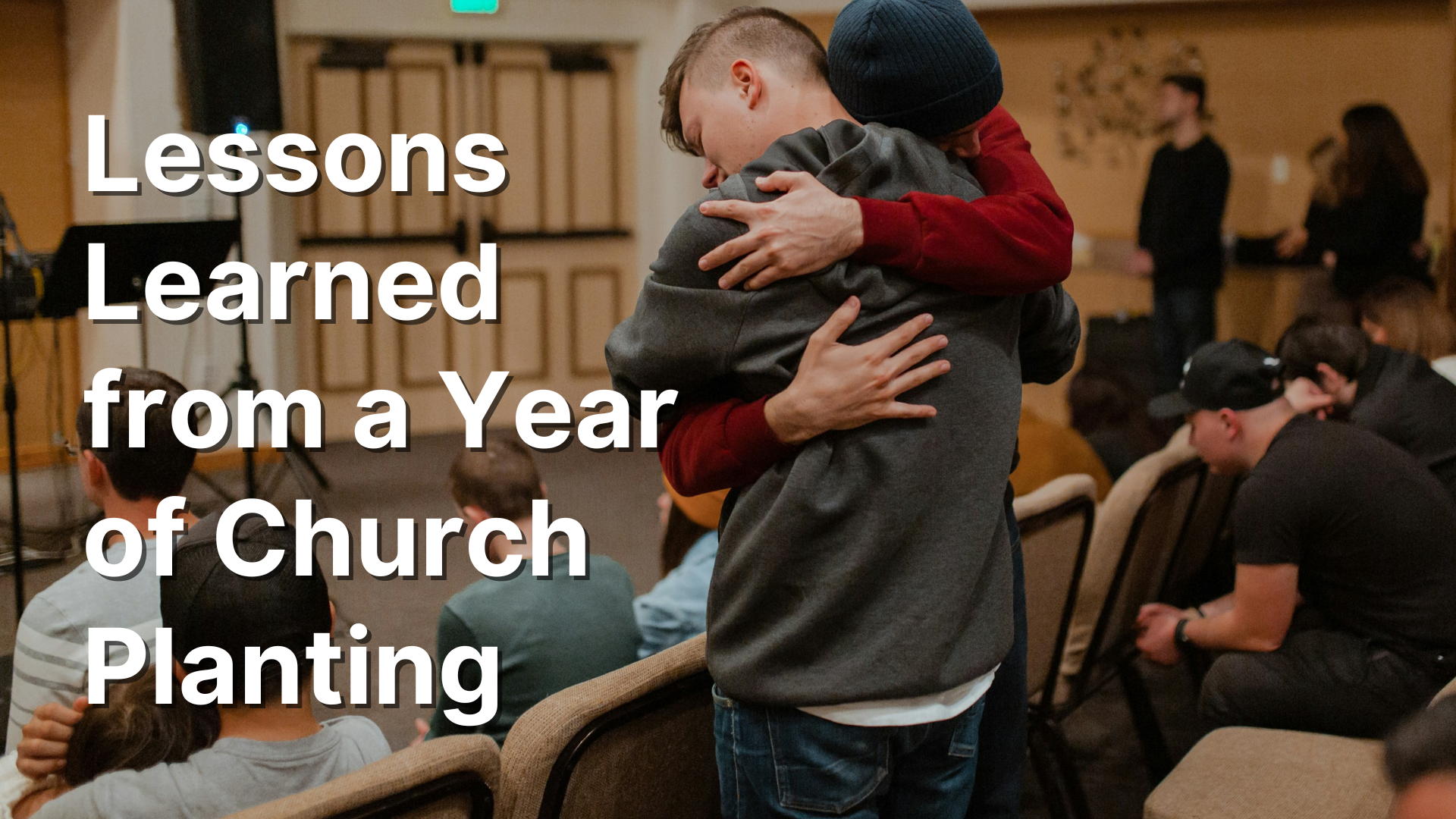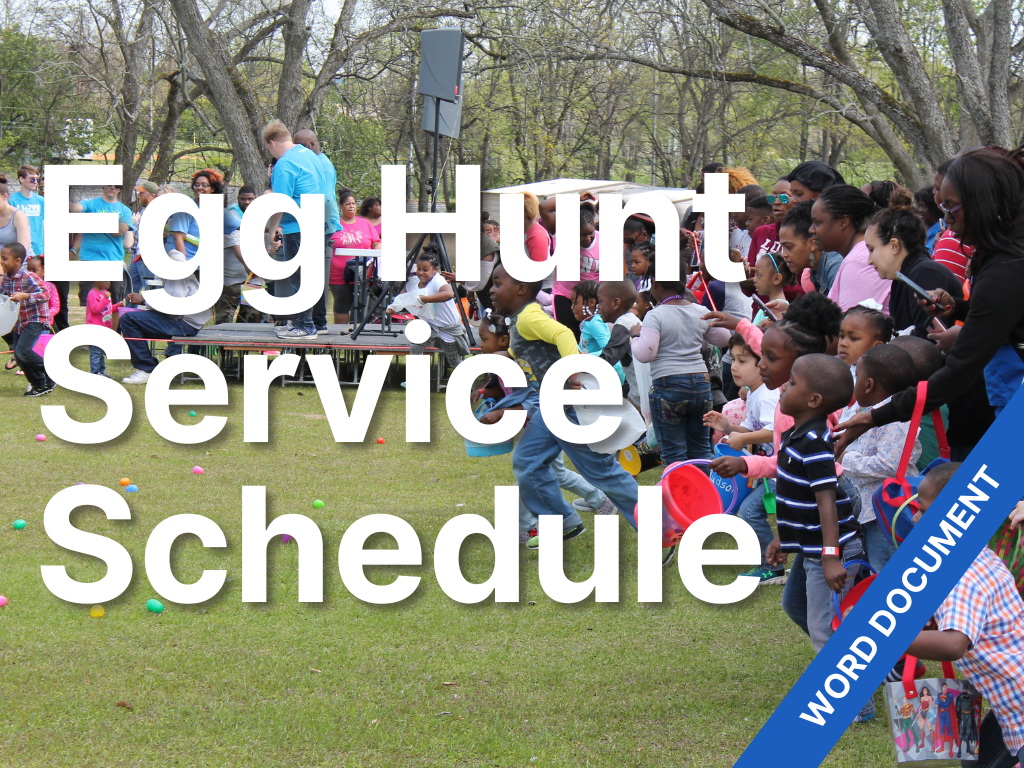3 Personality Tests for Ministry Leaders
I love personality tests. I have a folder of 15 assessments, and that’s just the ones I decided to keep. I was a sucker for those old Facebook quizzes that told you what kind of potato chip flavor you are.
I love these tests so much because they help me better understand myself and those around me. It’s natural to think that everyone is just like you with the same thoughts, motives, talents, and passions. However, we soon learn, many times painfully, that this is not the case. As a leader in ministry, it’s imperative that you know your people. What drives them? What are their goals, gifts and passions? As Jim Collins said in his book Good to Great, it’s the only way you can get your people on the right seats on the bus.
But with all the assessments out there, which ones are best? It’s easy to get lost in the alpha-numeric soup that no one will remember. The truth is the best assessments are the ones that you and your team use. Otherwise, the results will just go into a file never to be seen or heard from again.
After studying many profiles, I’ve narrowed down three that help me understand how, what, and why a person does what they do.
1. DISC: Decoding Work Styles
This was my first personality assessment that stuck. I’ve done Myers-Briggs and Temperaments, but I still struggle understanding what each type means and how it applies to life.
For me, the DISC is easy to understand, and a rudimentary test can be completed on paper in under 5 minutes. I’ve personally used it for years as part of my church’s assimilation process.
The DISC helps you understand how people approach life and work. I won’t get into the nitty-gritty of the assessment here, but to simplify, it helps determine if you’re task or people oriented and an introvert or extrovert. As a leader, this information is vital. If you know someone is a task-oriented introvert, you’re not going to ask them to stand on stage to teach the lesson, lead a game, or do the announcements. Similarly, you shouldn’t ask a people-oriented extrovert to go into a quiet room and analyze a data set for errors. Sure, both of them can do it, but their going to hate it and most likely be horrible at it.
Once you understand how people interact with the world you can give them the jobs in which they’ll thrive, producing more and better work for you. They’ll also serve with you for a long time because they love what they do.
If you’d like to learn more about the DISC and take an assessment for yourself, you can do so here.
2. Enneagram: Understanding Motives
The Enneagram was huge in the late teens and many Christians picked it up and ran with it. Some critics call it the Christian horoscope, but used properly I think it can bring greater understanding to why you do the things you do and help you become the person God created you to be.
The Enneagram helps you understand your motivations. We all do similar things, but the reasons why we do them can be very different. If I know someone’s type, a number between 1 and 9, I generally know what things they like to do, what they want to avoid, and how to help them when they struggle.
For instance, I’m a 3, the performer. I like to be out in front of people for the admiration I receive. I like people to be impressed with my knowledge and delivery. As a result, I’m prone to pride and seeking the spotlight. I know that about myself, so I have to put in checks to make sure I don’t “get too big for my britches” as my grandmother would say.
The enthusiast 7, on the other hand, may like to be out in front because it’s fun. As the life of the party, they get people excited for what’s coming. Being in the spotlight is their sweet spot, bringing energy and vitality. Full of charisma, people naturally engage with them. However, because they’re always looking for what’s next, they can miss the moment they’re in and avoid negative feelings all together by looking for the next high.
Same action, different motivation.
Literally entire books have been written on this. If you want to learn more, I suggest reading The Road Back to You by Ian Morgan Cron. You can also take a free assessment to find your number here.
3. Working Genius: Teamwork Made Easy
This is my new favorite that arose during the Pandemic. From author and speaker Patrick Lencioni, the Working Genius describes six types of people that work together to complete each step of a project.
Every project goes through 6 stages. Wonder, Invention, Discernment, Galvanizing, Enablement, and Tenacity. Someone has to realize there is a problem, then invent a solution, then decide that’s the right way to go, then get everyone on the same page, then work together and finally finish the job.
We can do all six of these stages on our own, but we naturally are best at two, ok at two, and horrible at two. When you work as a team it’s good to know what each person’s type is and how they can contribute to the work. It also helps streamline the process, so you’re not going back and forth, never getting anything done.
I realized the value of this tool at a staff meeting a few years back. We were busy planning our Christmas outreach talking about what December would look like and how we’d get people involved. The worship and media pastor had spent the last few days coming up with a marketing campaign and was ready to deploy that afternoon.
When he presented his plan to the team, the ideas started flying, and within minutes his entire plan was in the garbage. He had to go back to the drawing board. He was understandably upset that the last few days were wasted.
While he should have involved us in the planning process earlier, the real problem was we started answering the wrong questions. He was at the end of his project and ready to deploy. Most everyone else in the room was in the invention stage. He didn’t need new ideas, he needed someone to help make it all happen.
The Working Genius would have helped us focus our feedback on what he needed instead of sending him back to the drawing board.
You can find out more about the Working Genius in Lencioni’s book or by visiting the website here.
Whatever assessments you use, make sure the whole team uses and understands them. Otherwise, you’re just doing a fun team-building exercise that will be forgotten by lunch. You may have other assessments you like, but I’ve found in ministry these three help me the most to understand myself and the people I lead. Whenever I start working with someone, I use these personality profiles to save us about 6 months of getting to know each other. We can get to work much faster and be more efficient carrying out the mission of reaching more for Jesus.
Have you used these assessments before? Which one is your favorite?










I was early in my career as a kids pastor. I was doing the best I could to teach my kids about Jesus, lead my volunteers, and help the church grow. It was a big job for a 25-year-old, but I knew God had called me to this. We were making progress.
Except for one volunteer.